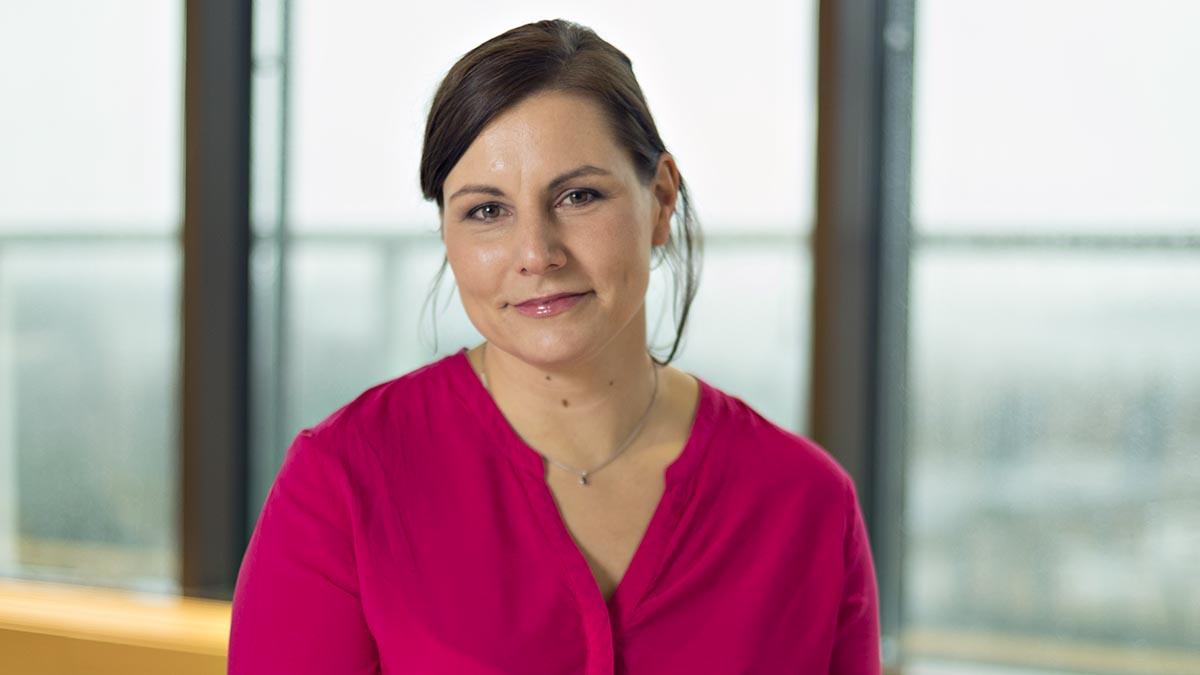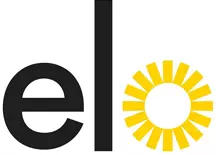The roadmap of co-operation and development leads to Paris – Elo’s new climate strategy considers the unique characteristics of asset classes
/ Blog

Climate change and the transition to a low-carbon economy has probably been one of the most discussed subjects also within the investment community during the last few years. Climate change is a complicated systematic risk to the global economy, and it will not treat global regions or companies equally. Achieving the objectives of the Paris Agreement requires for global emissions to be cut by half by 2030.
The world continues to be highly coal-intensive and the transition will not be successful without strong co-operation from all stakeholders. This will challenge all of us – investors, companies, consumers, countries and regulators to act together to achieve the joint goals.
Elo wants to be an active operator in the decarbonisation of the economy, while also considering the basic mission of a pension company. In the new climate strategy Elo commits to an investment portfolio that is aligned with the Paris Agreement. Our objective is to align our investment portfolio with the global warming target of 1.5 degrees. This requires decisive, well-planned and long-term actions towards carbon neutrality.
Together towards a carbon neutral society
For companies and investors, the transition to a low-carbon society involves financial risks. The transition will also create possibilities. As an investor, we can reduce the portfolio climate risk with portfolio changes in the present moment, but it will not necessarily have an impact in the reduction of climate risk in the longer term. The impact of mere portfolio changes of one investor to the reduction of global emissions is also limited.
Operational change of companies is essential in the transition to a low-carbon economy. The impact of climate change needs to be visible in the strategies of companies and their implementation. Companies also need to report on what are the financial implications of climate change on their business operations.
The transition to a low- carbon economy will cause regional and structural challenges to different industries and geographical areas. As businesses change, it is essential that it happens in a socially sustainable manner. Many carbon-intensive industries are also labour-intensive and the employees should be looked after by, for example, retraining.
Working on climate strategy at Elo
We initiated the work on our climate strategy by conducting a survey among our investment organisation to find out how investment professionals perceive the implications of climate change to economic and investment environment as well as market pricing. The results also revealed which asset classes and which methods were best for integrating climate change in the investment portfolio.
The results highlighted the role of listed equity and real estate as well as engagement by ourselves and in co-operation. Implementing best practises to basic portfolios was perceived to be a better approach than a separate climate portfolio. The answers indicated strong support to develop climate strategy and to take active measures.
We worked on the strategy in several workshops and smaller meetings. This way different teams had the possibility to learn and challenge each other as well as openly discuss the challenges and opportunities that considering climate change poses for different asset classes.
We also participated in international dialogue. Elo is the sole Finnish investor to participate in the Paris Alignment Initiative – a working group of international investor coalition IIGCC (Institutional Investors Group on Climate Change). The objective of the working group is to create a framework for institutional investors to help investors align their investment portfolios with the Paris Agreement. The first version of the framework was published in August 2019 and the work will continue.
During the spring we performed a thorough study together with a Finnish university. The study analysed different impact measurement and company value creation methodologies. The study will be utilised in the goal setting relating to climate solutions.
First pitstop of the road map
Our new climate strategy is based on a road map, where objectives are first set to asset class level and then later also on strategic allocation level. The first bigger midterm objective is a carbon risk reduction target for listed equities and corporate bonds and energy efficiency target for real estate investments.
Elo has already reduced the weighted average carbon intensity of equity and corporate bond investments 24 and 47 per cent respectively during 2016–2019. Including the new target and the measures taken since 2016, the total reduction of weighted average carbon intensity is 45 per cent in listed equity and 60 per cent in corporate bonds by 2025.
The reductions are significant, and we are well on our way towards carbon neutrality within equity and corporate bond investments.
Elo’s investment portfolio is widely diversified to various asset classes to maximise returns and manage investment risks. We have invested in both listed and unlisted instruments, companies and sovereigns. All asset classes do not have trustworthy tools to measure and model carbon intensity. Tools related to listed equity and corporate bonds are the most evolved.
In equity and corporate bond investments, we intend to reach the objective by selecting cleaner investments and reducing both the largest emitters and companies most dependent on fossil fuels. In index investments, we will increase the share of low-carbon index funds, and, in corporate bonds, we will increase investments in green bonds.
The significance of engagement continues to increase. Engagement by ourselves and together with others has been an essential part of Elo’s climate strategy already earlier. We will update our engagement strategy in accordance with the objectives of the climate strategy. Continuous development of Elo’s investment organisation is also an essential part of developing and implementing the roadmap.
Development work to reach more ambitious goals
It is challenging to estimate the climate-related rate of change regarding politics, legislation, technologies and companies. Reaching the objectives is not a straight line – the path will zigzag, following the development of investment environment, regulation and changes in companies. We will report on the implementation of the strategy and reaching it targets regularly and transparently.
The roadmap forms a development path that allows us to take Elo’s responsible investments further. With continuous development, we will continue to create more ambitious objectives to develop more sustainable investment operations.
Get to know Elo’s climate strategy >
 Menu
Menu
 Search
Search Language
Language
